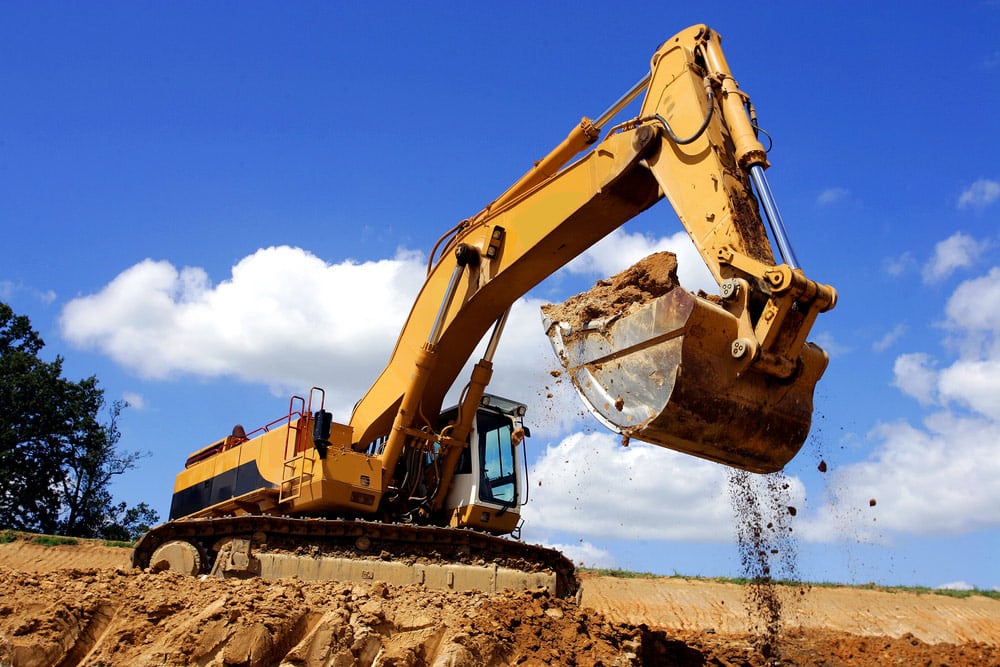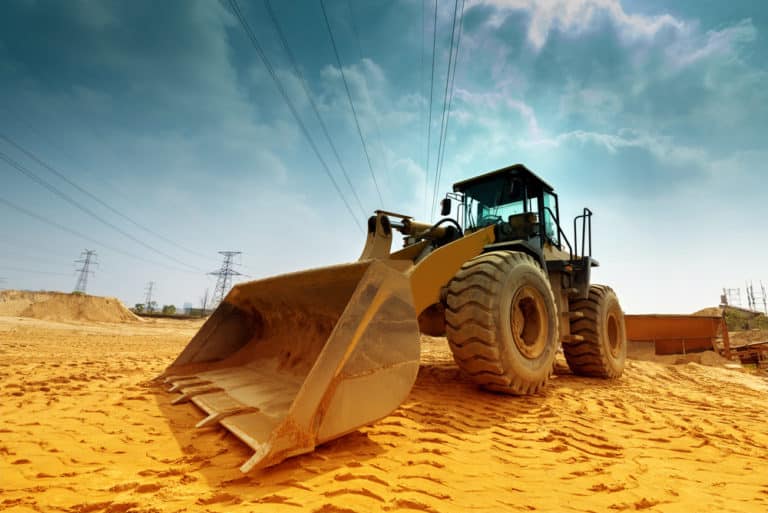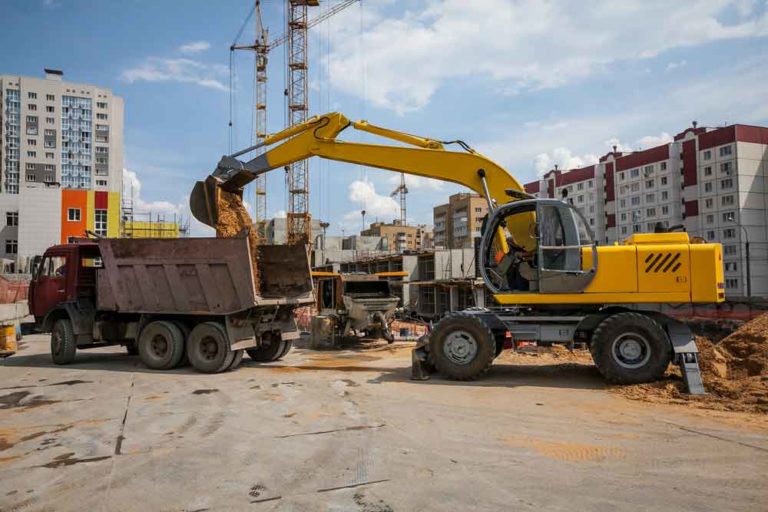Choosing the right heavy machinery for a project is crucial to staying safe, efficient and on budget. With so many options available, it can be difficult to decide which equipment is best suited for your needs. In this guide, we’ll discuss key factors to consider when selecting heavy machinery for your next project.
Assess Project Requirements
Before investing in heavy machinery, it’s important to have a clear understanding of your project and site requirements. You should consider:
- Project Scope: Consider the size, duration and complexity of the job. Larger, more complex projects may require heavy-duty equipment, while smaller projects might benefit from more versatile, compact machinery.
- Site Conditions: The type of terrain and site conditions will impact the machinery required. For example, rough terrain may require tracked equipment, while a tight workspace might require small, manoeuvrable machines rather than large machinery.
- Material Handling: Consider the type of materials being handled, as well as the weight and volume of materials that need to be moved or processed. This will help you determine the capacity and capabilities required from your heavy machinery.
- Evaluate Machinery Specifications: Once you have a clear understanding of the job requirements, evaluate the specifications of potential machinery to ensure they align with your needs.
- Performance: Compare the performance capabilities of different machines, such as lifting capacity, reach and digging depth. Ensure the machinery you choose can meet the demands of the project.
- Fuel Efficiency: Fuel efficiency is an important factor when selecting heavy machinery, as it can greatly impact the overall cost of a project. Look for machines with fuel-efficient engines or advanced fuel-saving technologies.
- Operator Comfort and Safety: It’s also important to consider the operator’s comfort and safety. Look for features such as ergonomic controls, spacious cabs and advanced safety systems. A comfortable and safe work environment can boost productivity and reduce the risk of accidents.
- Lifecycle Costs: Consider the total lifecycle cost of each piece of machinery, including purchase price, maintenance and fuel. While a lower upfront cost may be appealing, it’s essential to weigh the long-term costs to ensure the best return on investment.
- Consider Machinery Repair and Maintenance Needs: Heavy machinery requires regular maintenance and occasional repairs to remain in optimal working condition. Choose machinery with a reputation for reliability to minimise downtime and repair costs. You should lean towards equipment that’s easy to maintain and has readily available replacement parts.
By considering these factors, you can choose the right heavy machinery for the job and ensure your project runs smoothly from start to finish!
Need Expert Maintenance And Repair Services For Your Heavy Machinery?
Contact the team at MDD Heavy Industries when you need a heavy machinery mechanic! Backed by 25 years’ combined experience, we complete repair and maintenance services for heavy equipment of all sizes—from civil, to large mining and industrial equipment. Our complete field maintenance will keep your equipment in peak condition, reducing the risk of unexpected breakdowns and costly delays. We also provide on-site repairs to quickly address any mechanical issues so you can get back to business.









